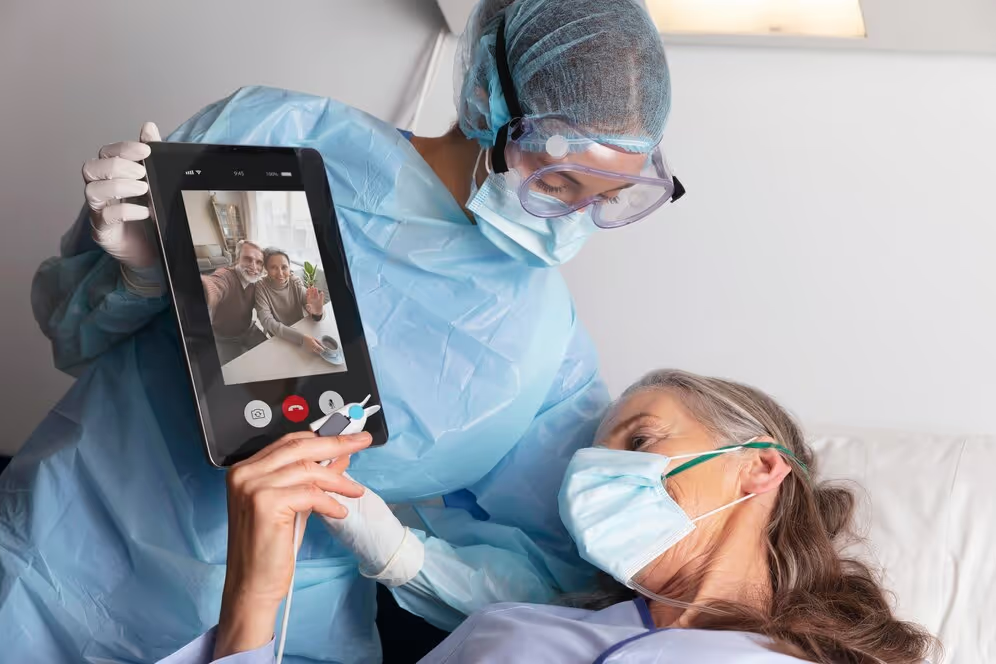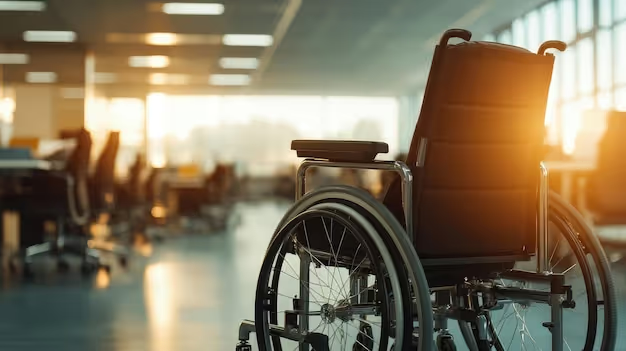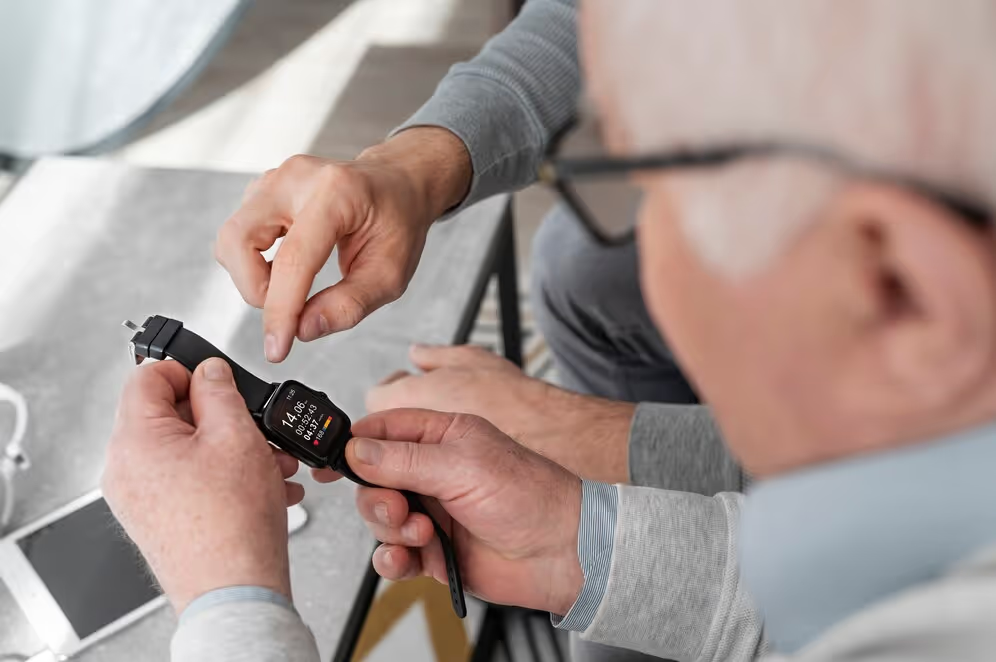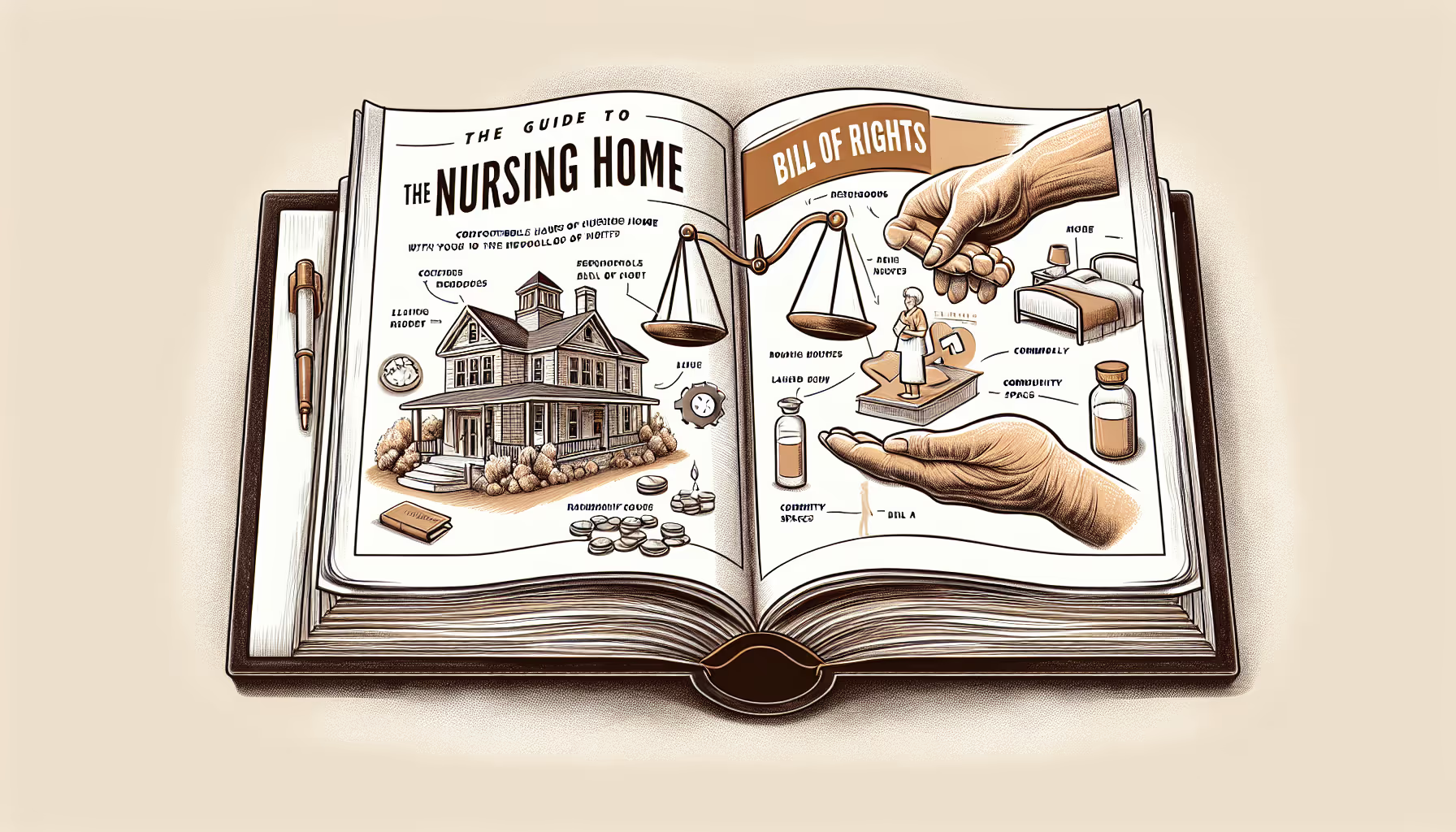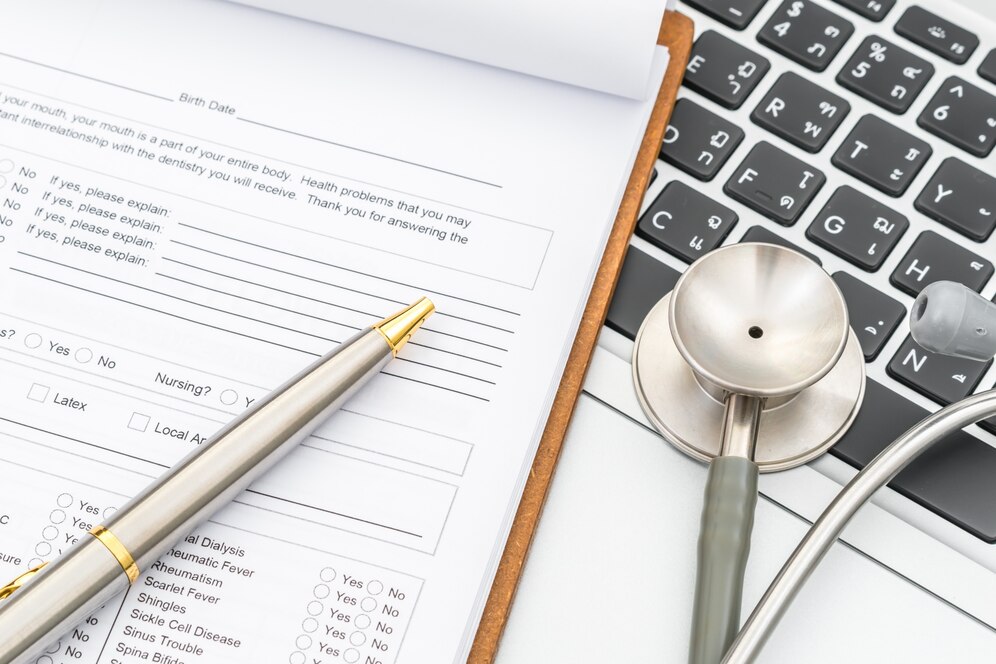Guide to Medical Malpractice Attorneys in New York
Master your legal future with our guide to medical malpractice attorneys in New York. Secure justice today!

Understanding Medical Malpractice
With the increasing complexity of medical treatments, there is a rising need for specialized legal support. This is particularly true in cases of medical malpractice. Understanding the definition of medical malpractice and the role of attorneys specializing in this field is a critical first step in securing one's rights in such situations.
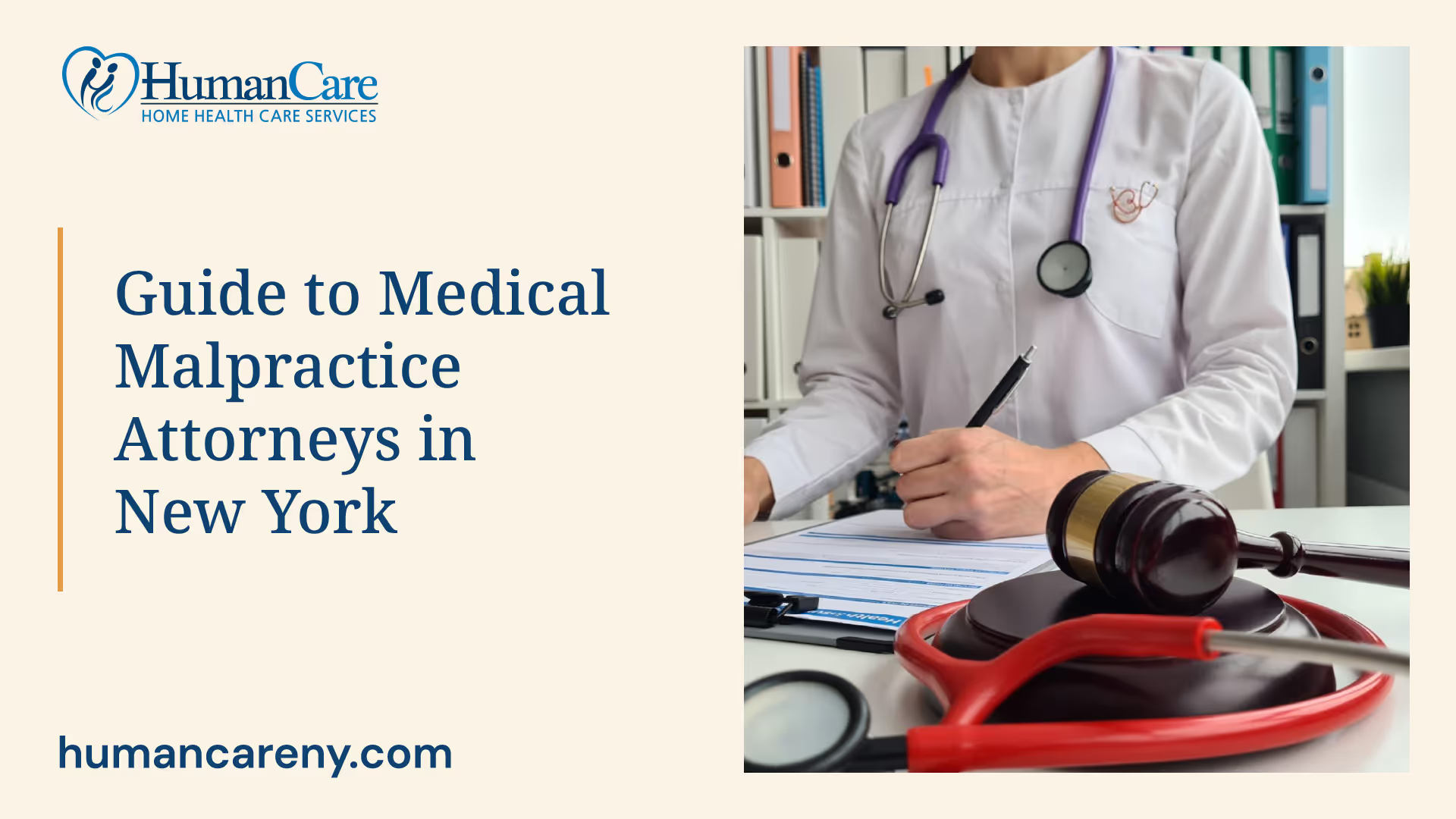
Defining Medical Malpractice
Medical malpractice, in the broadest sense, occurs when a healthcare provider, such as a doctor or nurse, fails to meet the standard of care when treating a patient, resulting in harm or injury. To prove medical malpractice in the United States, the injured patient must show that the physician acted negligently in rendering care and that such negligence resulted in injury.
There are four key legal elements that must be proven:
- A professional duty owed to the patient
- Breach of such duty
- Injury caused by the breach
- Resulting damages
Money damages, if awarded, take into account both actual economic loss and noneconomic loss, such as pain and suffering.
The Role of Medical Malpractice Attorneys
Medical malpractice attorneys play a vital role in these complex legal proceedings. They specialize in health law, focusing on malpractice lawsuits, caregivers' practices, public policy, health regulations, and patient rights. They represent patients, healthcare providers, and the industry itself.
In the context of New York, medical malpractice attorneys need to be well-versed in New York medical malpractice laws, which are contained in Title 4, Chapter 28 of the New York State Consolidated Laws. They guide clients through the legal process, ensuring they meet all requirements, such as the state’s “certificate of merit” for medical malpractice cases. This involves submitting an affidavit from a qualified medical expert attesting to the validity of the claim before the case can proceed.
Thus, the role of medical malpractice attorneys is crucial in securing justice for victims of medical negligence. Their knowledge and expertise can significantly impact the outcome of a medical malpractice case.
Medical Malpractice Laws in New York
Understanding the medical malpractice laws in New York is crucial when seeking justice for any harm done due to medical negligence. These laws form the basis of any case and play a major role in determining the outcome.
Statute of Limitations
In New York, the statute of limitations for medical malpractice claims is generally 2.5 years. This means that claimants must file their lawsuit within 2.5 years of the act of malpractice occurring [3]. The time limit is important to note, as any claims filed after this period may be dismissed, regardless of their merit.
Certificate of Merit Requirement
New York law requires plaintiffs in a medical malpractice case to serve a certificate of merit along with the initial court papers. This is a document signed by a qualified medical professional attesting to the merit of the plaintiff's case. The certificate of merit serves as an initial proof that the malpractice claim has a reasonable basis.
Damages and Liability Rules
In terms of damages, New York law is unique. There is no cap on economic damages that can be recovered in a medical malpractice case. However, there is a cap on non-economic damages (pain and suffering) that varies based on the date of the malpractice. This can significantly impact the amount a victim can recover.
New York also follows a pure several liability rule in medical malpractice cases. This means that each defendant is only responsible for the percentage of fault attributed to them. This rule allows defendants to pay only their share of the damages, even if other parties are unable to pay their portions.
These rules highlight the importance of having a knowledgeable guide to medical malpractice attorneys in New York to navigate the complexities of the legal system and secure the best possible outcome for the victim.
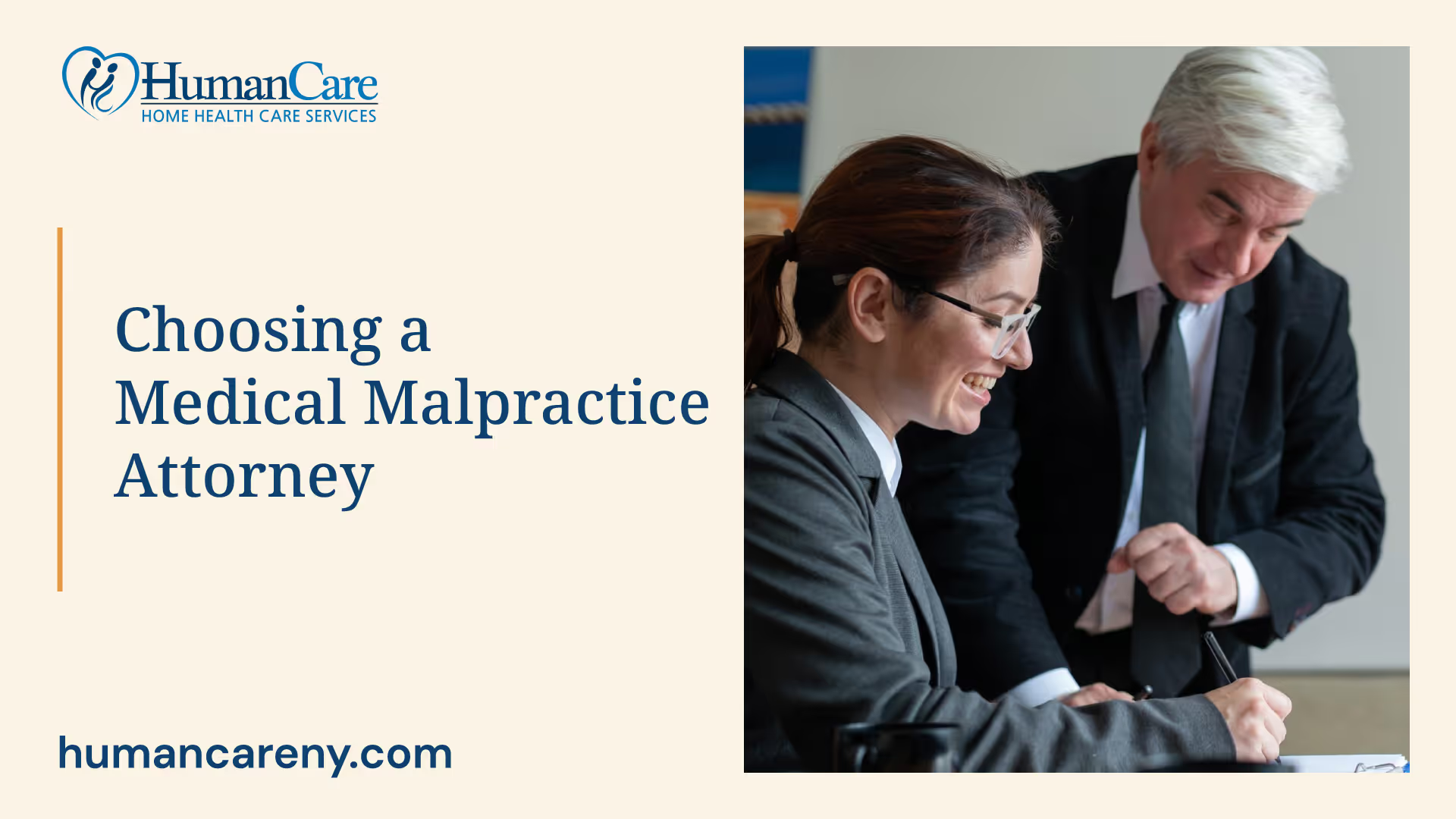
Choosing a Medical Malpractice Attorney
Navigating a medical malpractice case can be complex, making the selection of a qualified attorney crucial. In this section, we will explore two key factors to consider when choosing a medical malpractice attorney in New York: experience and expertise, and fee structures and billing methods.
Experience and Expertise
When searching for the best medical malpractice attorneys in New York, it's crucial to consider their experience and expertise. The attorney should be well-versed in New York medical malpractice laws, which are contained in Title 4, Chapter 28 of the New York State Consolidated Laws [3]. Additionally, they should have a track record of successfully handling cases similar to yours.
Experience in the county where the malpractice occurred is also crucial, as the lawsuit must be filed in that county. An attorney with local experience will be familiar with the court system and the procedures that need to be followed.
Fee Structures and Billing Methods
Understanding the fee structures and billing methods of medical malpractice attorneys in New York is equally important. Typically, attorneys in this field operate on a contingency fee basis, meaning they get paid a percentage of the final recovery amount. In New York City, the average contingency fee ranges from 30% to 50%.
Some attorneys may offer a sliding scale fee structure, where the fee percentage decreases as the case progresses through various stages such as settlement negotiations, arbitration, trial, and appeal.
In certain cases, attorneys may opt for an hourly billing method, especially in cases with uncertain recovery amounts or non-traditional claim circumstances. Hourly rates can range from $200 to $1,000 per hour [6].
Remember, apart from attorney's fees, clients often need to fund case expenses independently. These can include costs for copying medical records, hiring expert witnesses, and are usually separate from the attorney's contingency fee [6].
Also, be aware that New York follows the "American Rule" for legal fees. This means each party in a lawsuit typically covers its attorneys' fees unless there is a specific statute or agreement that mandates otherwise [6].
Understanding these factors can help you make an informed decision when choosing a medical malpractice attorney in New York. It's essential to discuss these aspects in detail with potential attorneys before making a decision.
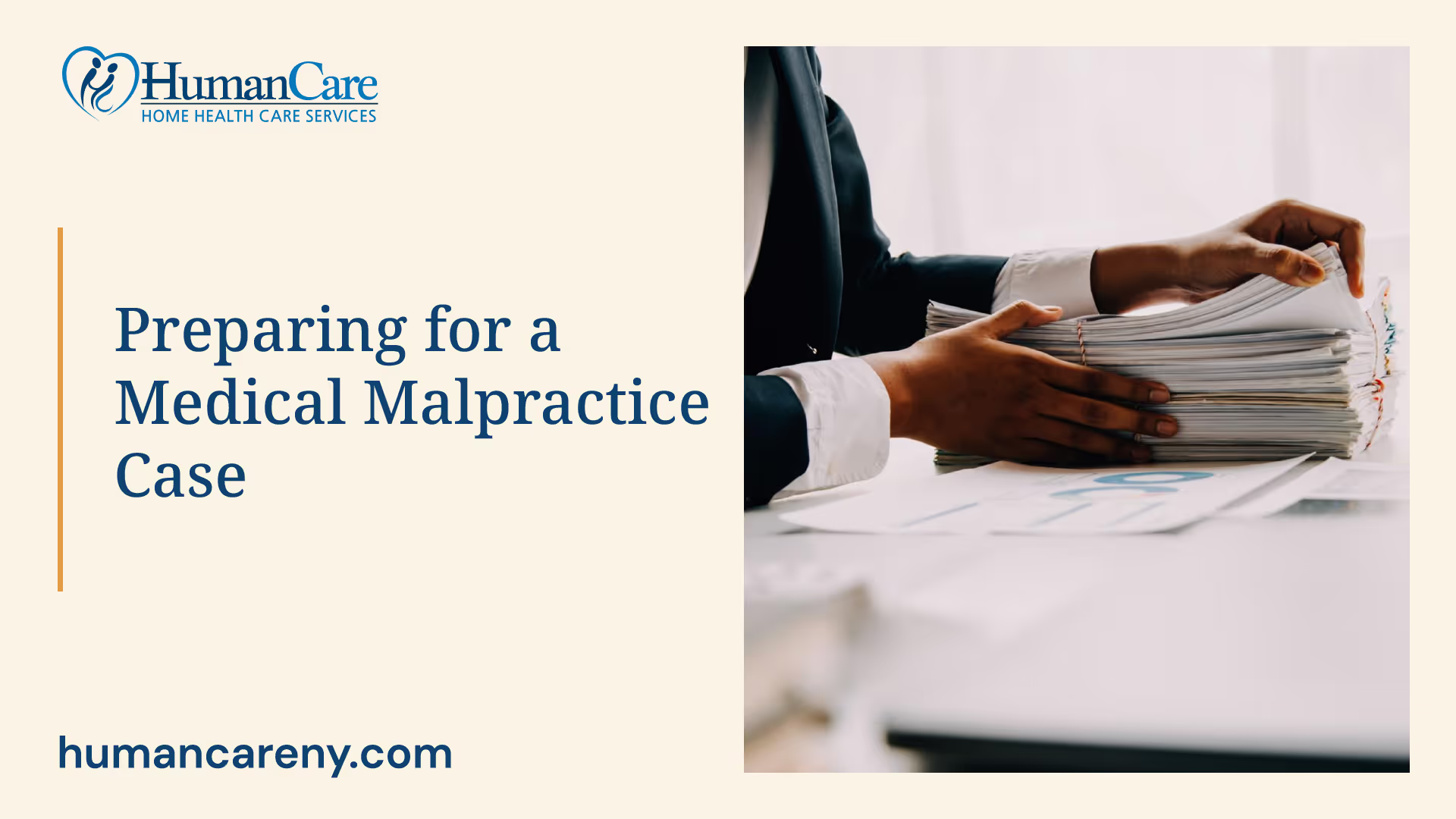
Preparing for a Medical Malpractice Case
Once an attorney is chosen, the next step is to prepare for the medical malpractice case. This involves gathering evidence and consulting expert witnesses, both crucial components in building a strong case.
Gathering Evidence
To prove medical malpractice in the United States, the injured patient must demonstrate that the physician acted negligently in rendering care, and that such negligence resulted in injury. This involves proving four legal elements: a professional duty owed to the patient, breach of duty, injury caused by the breach, and resulting damages [1].
In this process, demonstrating negligence is critical. The behavior or decisions of the medical caregiver are judged against the standard of care, comparing it to what a reasonably competent professional would have provided under the same circumstances.
Evidence in a medical malpractice case can include medical records, testimonies from other healthcare providers, and proof of the damages incurred. Victims can recover compensation for both economic damages, such as medical expenses and lost income, and non-economic damages, like pain and suffering.
Consulting Expert Witnesses
Proving that an injury was caused by the negligence of a doctor or caregiver can be challenging, often requiring the testimony of expert witnesses. These witnesses can provide crucial insights and explanations that can link negligence to the injury or death in question.
Expert witnesses in a medical malpractice case typically have extensive experience in the same field as the defendant. They can help clarify complex medical concepts, explain the standard of care, and determine if it was breached.
For the elderly population and their caregivers, it is important to work with a legal team experienced in medical malpractice cases. This team can help gather necessary evidence and consult with expert witnesses, ensuring the best possible outcome for your case. Remember, in New York, there is no cap on economic damages that can be recovered in a medical malpractice case, but there is a cap on non-economic damages that varies based on the date of the malpractice.
Seeking Legal Aid in New York
Navigating the complex world of medical malpractice can be daunting, especially for the elderly and their caregivers. To ease this process, there are resources available to aid in finding legal assistance in New York, with a primary focus on legal referral services and the importance of local expertise.
Legal Referral Services
Legal referral services are a valuable resource for individuals seeking legal aid. For instance, The New York City Bar Legal Referral Service (LRS) offers an initial consultation fee of $35 for individuals seeking assistance with medical malpractice cases in New York. Please note, this fee will be reinstated on Monday, February 5, 2024.
This initial consultation often includes an overview of the client's situation, an explanation of legal rights, and a discussion on potential next steps. It's important to come prepared with all relevant documentation to make the most of this consultation.
Importance of Local Expertise
When seeking a medical malpractice attorney in New York, it's crucial to find someone with local expertise. The attorney needs to be well-versed in New York medical malpractice laws, which are contained in Title 4, Chapter 28 of the New York State Consolidated Laws.
Knowledge of local laws and regulations is vital since a medical malpractice victim in New York has up to two and a half years from the date of the malpractice incident to file a lawsuit against the healthcare provider or facility responsible. Additionally, New York law mandates that a medical malpractice lawsuit must be filed in the county where the malpractice occurred.
In terms of costs, the average contingency fee for medical malpractice attorneys in New York City ranges from 30% to 50% of the final recovery amount. These fees typically cover the attorney's time, costs, expenses, and professional expertise in handling the case [6].
In conclusion, when seeking legal aid for a medical malpractice case in New York, utilizing legal referral services and finding an attorney with specific local knowledge is crucial. These steps will ensure that the legal process is not only navigable but also provides the best possible outcome for the victim.
References
[1]: https://www.ncbi.nlm.nih.gov/pmc/articles/PMC2628513/
[2]: https://www.juriseducation.com/blog/how-to-become-a-medical-lawyer
[3]: https://www.wilsonelser.com/medical-malpractice-attorney-2
[4]: https://www.gilmanbedigian.com/new-york-medical-malpractice-laws/
[5]: https://www.nolo.com/legal-encyclopedia/what-the-new-york-statute-limitations-medical-malpractice-lawsuits.html
[6]: https://www.forbes.com/advisor/legal/personal-injury/medical-malpractice-attorney-fees/
[7]: https://www.wrshlaw.com/blog/medical-malpractice/proving-medical-malpractice/
[8]: https://www.nycbar.org/get-legal-help/article/personal-injury-and-accidents/medical-malpractice/
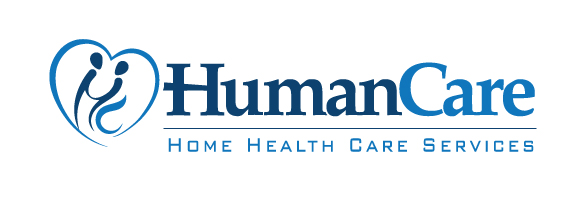


.avif)











